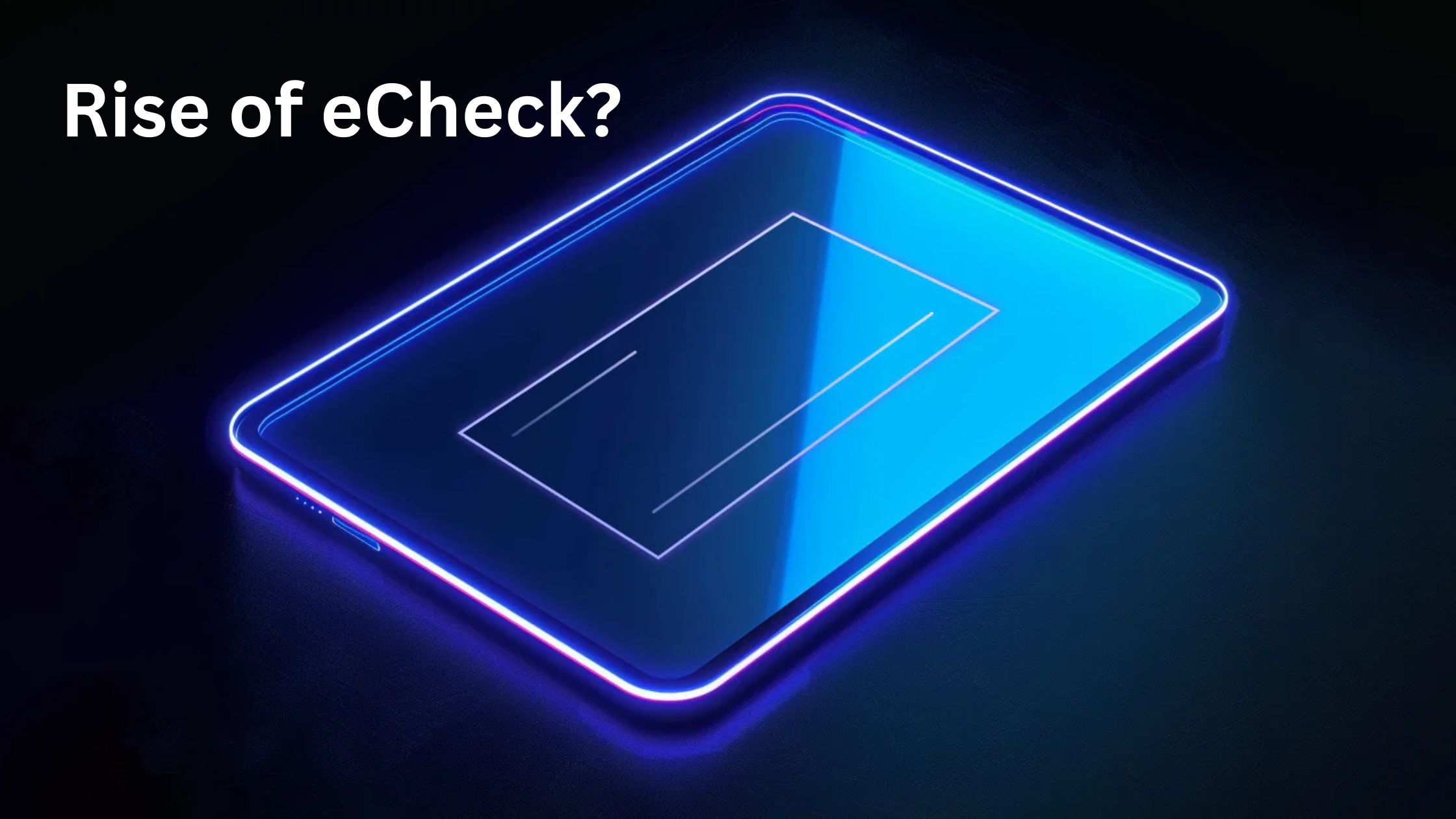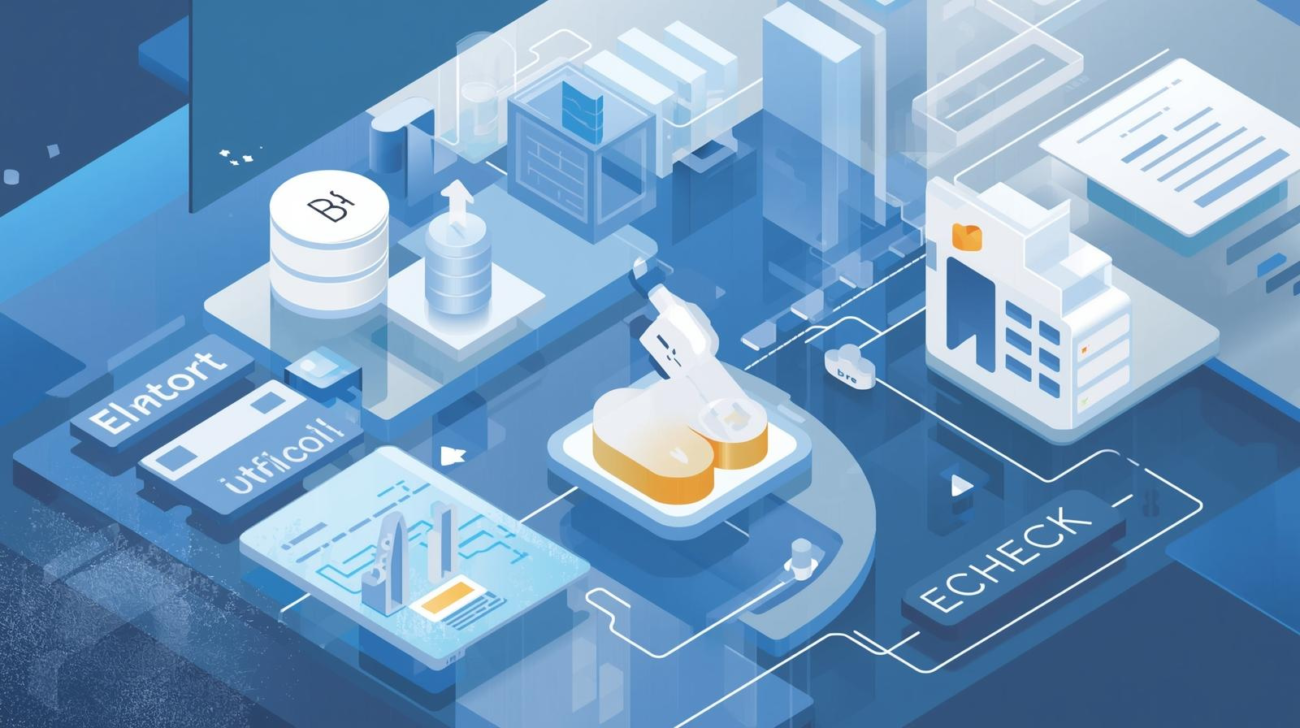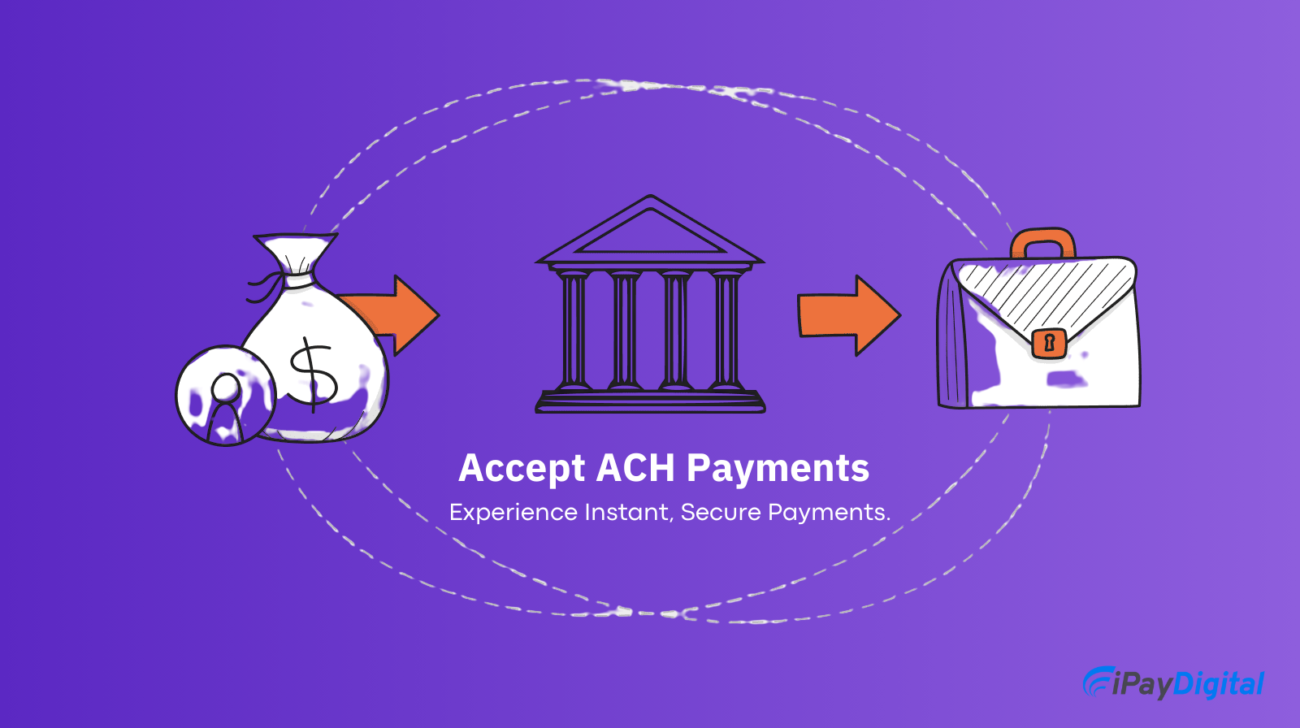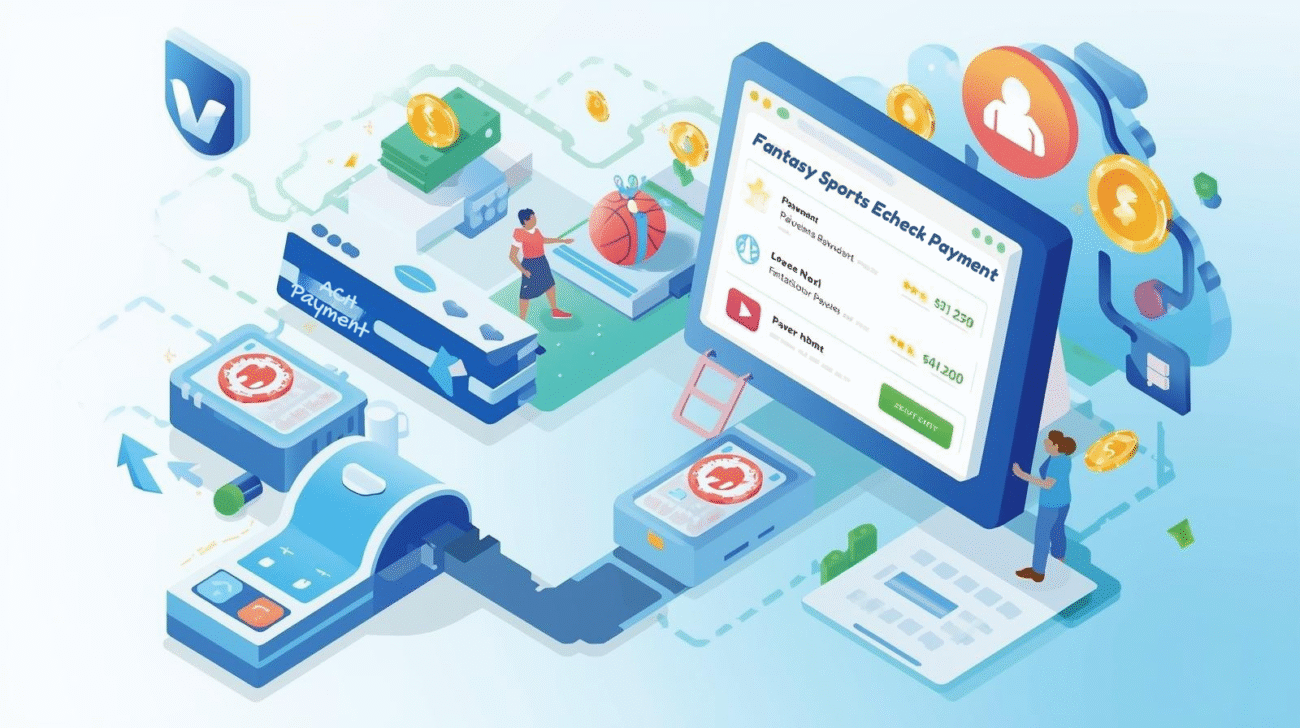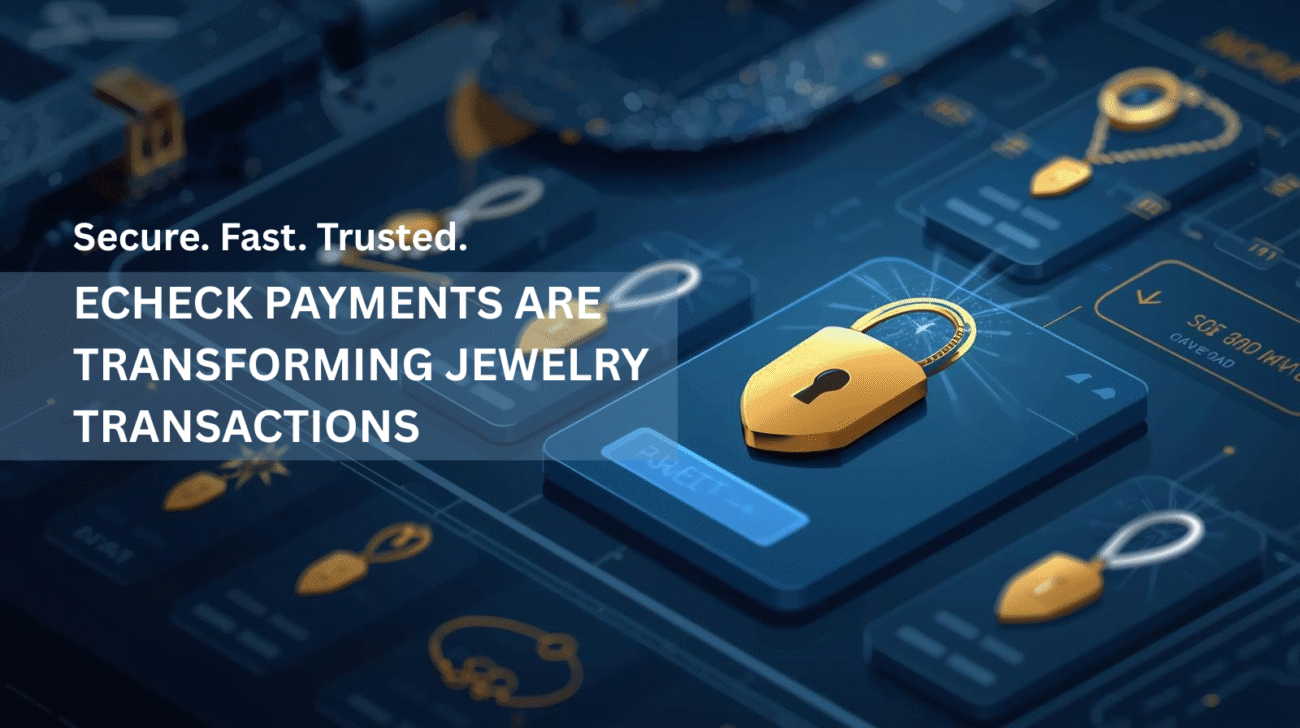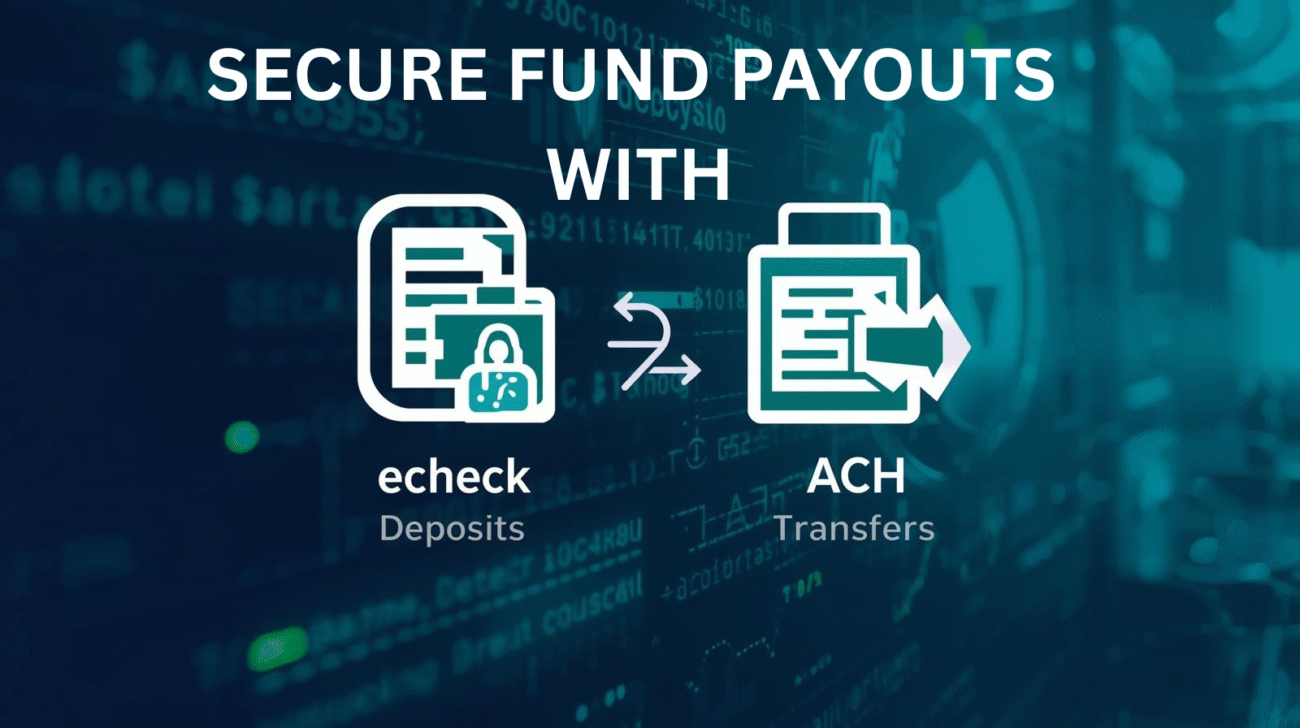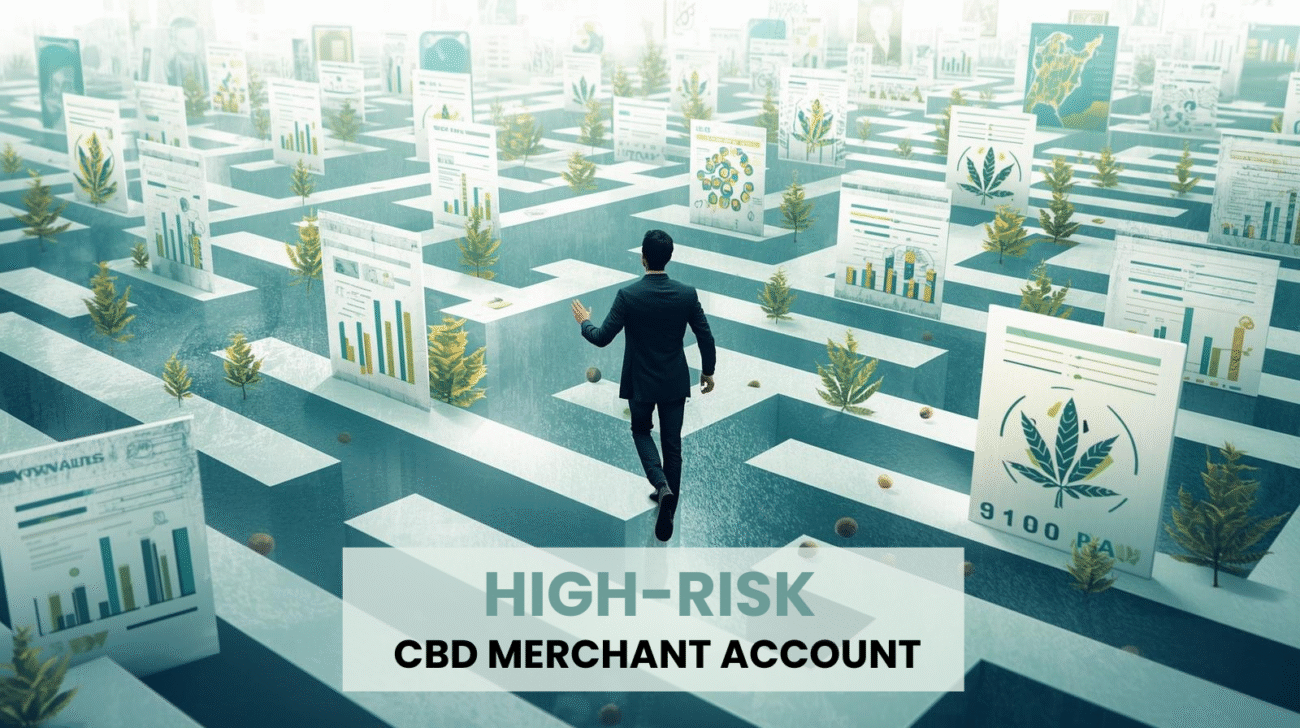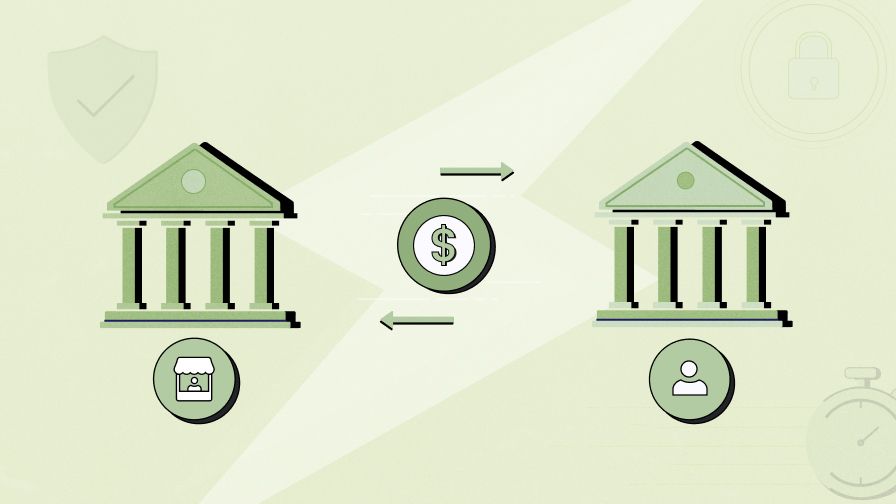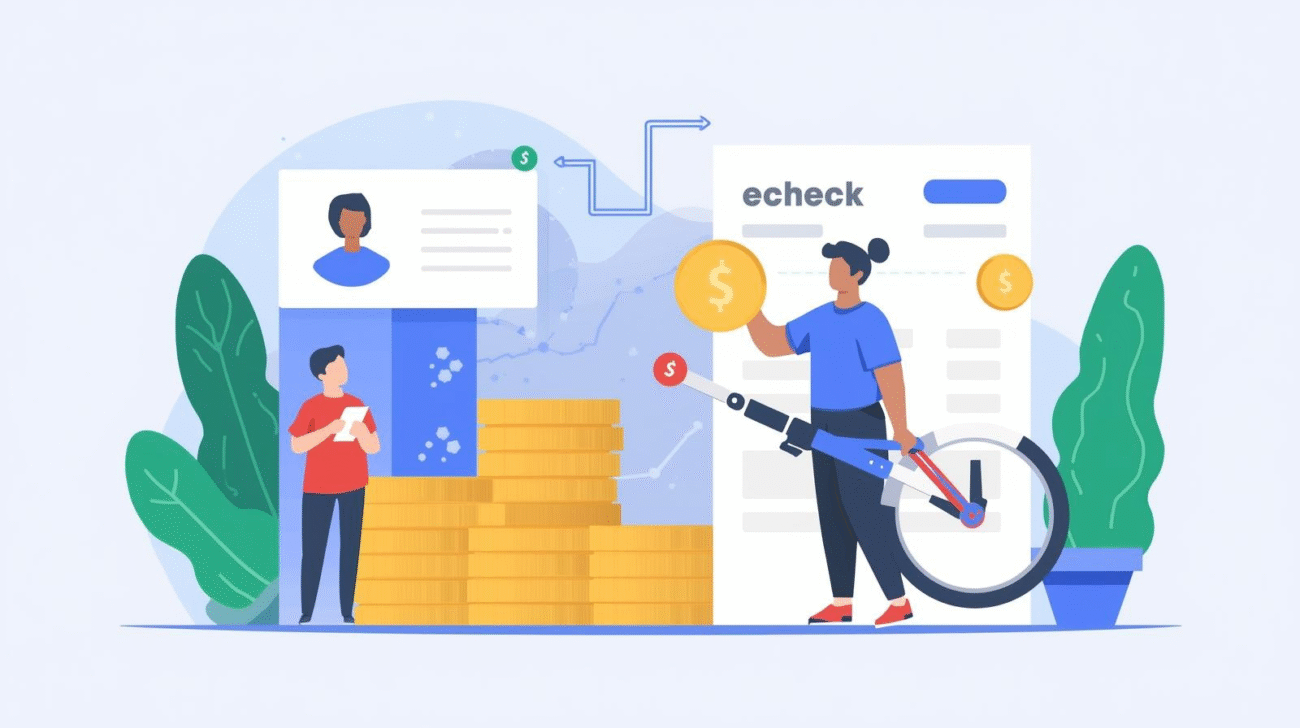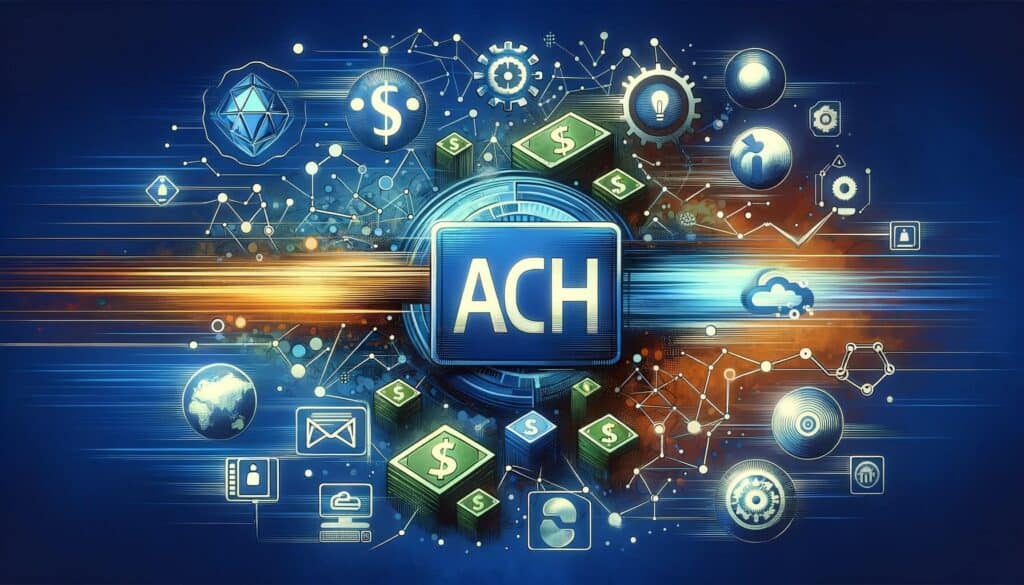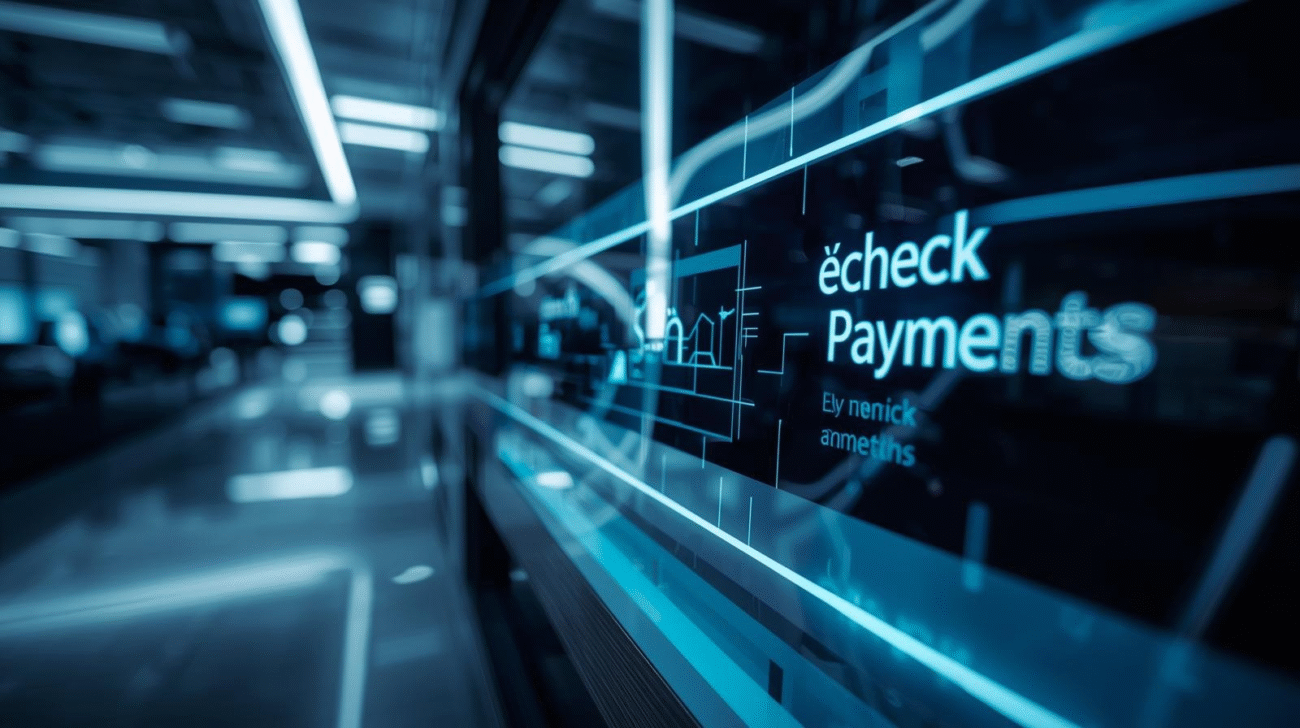Introduction
In the fast-paced digital world, businesses are constantly looking for ways to streamline payment processes, enhance security, and reduce operational costs. One significant shift in recent years has been the transition from traditional paper checks to electronic check (eCheck) payments. eChecks offer a secure, cost-effective, and environmentally friendly alternative, making them an increasingly popular choice for businesses of all sizes.
This blog explores why companies are moving away from paper checks, the advantages of eCheck payments, how they work, and the future of digital transactions.
The Decline of Paper Checks
Paper checks have long been a staple in business transactions, but their usage has steadily declined. According to the Federal Reserve, check payments in the U.S. have dropped by more than 50% over the last two decades. Several factors contribute to this decline:
- Slow Processing Time: Paper checks take days to clear, delaying fund availability.
- High Costs: Printing, mailing, and handling checks add up to significant expenses.
- Security Risks: Checks are susceptible to fraud, theft, and forgery.
- Environmental Concerns: Paper checks contribute to deforestation and waste.
What Are eCheck Payments?
eCheck payments are digital versions of paper checks that use the Automated Clearing House (ACH) network to process transactions. Businesses and individuals can authorize payments electronically, eliminating the need for physical checks.
How eCheck Payments Work
- Authorization: The payer provides their bank account information and authorizes the transaction digitally.
- Processing: The payment request is sent through the ACH network.
- Verification: Banks verify sufficient funds before proceeding.
- Deposit: The funds are electronically transferred to the payee’s account within 1-3 business days.
Why Businesses Are Switching to eChecks
1. Lower Transaction Costs
Compared to paper checks and credit card transactions, eChecks have significantly lower processing fees. Credit card processing fees typically range from 1.5% to 3.5% per transaction, while eCheck fees are much lower, often between $0.25 and $1.50 per transaction.
2. Faster Payments and Improved Cash Flow
Unlike paper checks, which take days to clear, eChecks expedite fund transfers, reducing payment delays and improving cash flow. Faster transactions enable businesses to manage expenses more efficiently and avoid overdrafts.
3. Enhanced Security and Fraud Prevention
Paper checks are vulnerable to fraud, with criminals exploiting check-washing schemes and signature forgeries. eChecks leverage encryption and authentication measures, making them a more secure payment option. According to the Association for Financial Professionals, check fraud accounts for over 66% of payment fraud cases, further encouraging businesses to adopt digital alternatives.
4. Convenience and Automation
Businesses can set up recurring eCheck payments for subscriptions, payroll, and vendor transactions, reducing manual processing efforts. This automation minimizes human error and administrative workload.
5. Better Record-Keeping and Compliance
eCheck transactions are digitally recorded, making financial tracking, auditing, and tax filing easier. Many businesses appreciate the seamless integration of eChecks with accounting software like QuickBooks, Xero, and FreshBooks.
6. Greater Accessibility for High-Risk Merchants
Certain industries, such as online gaming, adult entertainment, and CBD businesses, face challenges with traditional payment processing due to high chargeback rates. eChecks offer a more viable solution, as they are less prone to disputes and chargebacks compared to credit card payments.
Industries Benefiting from eCheck Payments
- Healthcare: eChecks streamline billing processes for hospitals and private practices.
- Real Estate: Landlords and property managers use eChecks for rent collection.
- Subscription Services: Recurring eCheck payments simplify membership renewals.
- E-commerce: Online businesses leverage eChecks to reduce credit card processing costs.
- Education: Universities and schools accept tuition payments via eCheck.
Challenges of eCheck Payments
Despite their many advantages, eCheck payments do come with some challenges:
- Longer Clearing Time Than Cards: While eChecks are faster than paper checks, they still take 1-3 days to clear, whereas credit card transactions are usually instant.
- Adoption Barriers: Some businesses and customers are hesitant to switch due to a lack of awareness or preference for traditional payment methods.
- Potential NSF (Non-Sufficient Funds) Issues: Just like paper checks, eChecks can bounce if the payer’s account lacks sufficient funds.
The Future of eCheck Payments
The growing adoption of eChecks indicates a promising future. Several trends are shaping the evolution of digital check payments:
1. Blockchain and Smart Contracts
Blockchain technology is being explored to further secure eCheck transactions. Smart contracts can automate payment processing while ensuring transparency and immutability.
2. AI and Machine Learning in Fraud Detection
AI-powered security solutions are enhancing fraud detection in eCheck transactions. By analyzing transaction patterns, banks can identify and prevent fraudulent activities more effectively.
3. Faster Clearing Times
As financial institutions continue to improve ACH processing speeds, eCheck transactions may eventually become as fast as credit card payments, further boosting adoption rates.
4. Increased Mobile Adoption
With the rise of mobile banking, businesses are integrating eCheck payment options within mobile apps, allowing seamless transactions from anywhere.
Conclusion
The shift from paper checks to eCheck payments is accelerating as businesses recognize the advantages of digital transactions. With lower costs, enhanced security, and greater convenience, eChecks offer a practical solution for modern businesses looking to streamline payment processing. While challenges remain, ongoing technological advancements will continue to improve eCheck efficiency, making them an even more attractive payment option in the years ahead. By embracing eCheck payments, businesses can reduce operational costs, improve cash flow, and enhance overall security—key factors in staying competitive in today’s digital economy.

